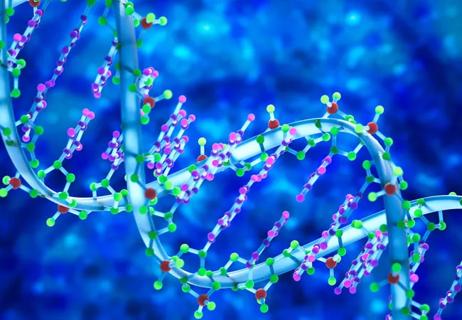Locations:

CHIP Clinic's goals: Research, preventive care

CHIP clinic in the works

Not all mutations are prognosticative

Cleveland Clinic researchers first to show sensitivity of IDH1/2 mutations to PARP inhibitor olaparib
Advertisement
Cleveland Clinic is a non-profit academic medical center. Advertising on our site helps support our mission. We do not endorse non-Cleveland Clinic products or services. Policy

Maciejewski honored for work in bone marrow failure syndromes

Gene mutations discovered in some patients may lead to malignancy

New information poised to individualize patient care
Advertisement
Advertisement